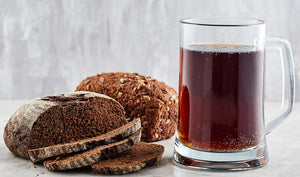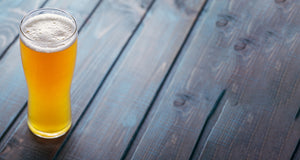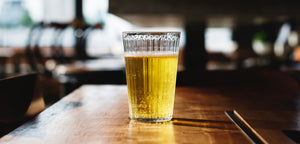Germans often boast about their “pure beer”, and they have reason to. Until 1987, all beer brewed in Germany was legally required to follow the Reinheitsgebot, literally the “purity order”.
In 1516, Duke Wilhelm IV of Bavaria declared only three ingredients were permitted in beer – water, hops & barley. Little has changed over the last 400 years. That wonderful fermenting agent we all know and love - yeast - wasn’t permitted in German beer until the 17th century!
As brewers around the world began experimenting with ingredients and flavour profiles, Germans stuck to their purity law, despite creative limitations in using only four ingredients.*
Things began to change for German beer drinkers two decades ago. In 1987, Germany found itself in a legal battle with French brewers who argued the Reinheitsgebot affected free movement of goods within the European Union. Reluctantly, Germany agreed to apply their purity order to only German brewed beer, allowing beer from other countries that did not adhere to the Reinheitsgebot to finally be sold within the nation.
As Germans began consuming more imported beer, and tastes began to change, the Reinheitsgebot became less important. German brewed IPA’s, pale ales and stouts are increasing in popularity in the nation, but many German breweries still brew according to the Reinheitsgebot with pride.
So, next time you’re brewing a Helles, or sipping a cold pint of Kölsch, remember this: Beer is not always about innovation or creativity, sometimes it’s just about the history.
Prost!
*Weizenbiers (wheat beers) and most dark beers brewed in Germany technically violate the Reinheitsgebot. However, the polizei haven’t been in a rush to knock down doors and stop these beers from being brewed.



